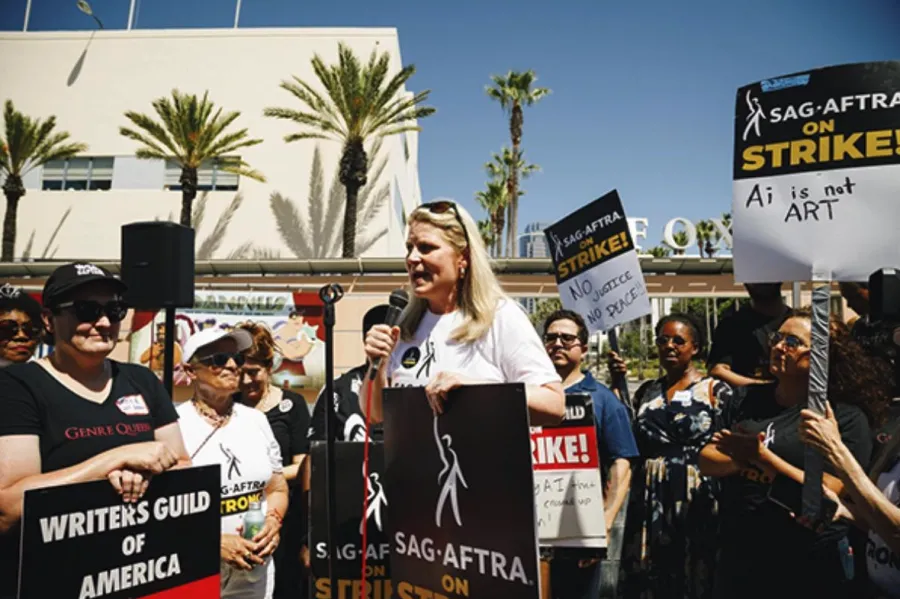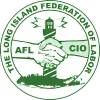AFL-CIO President Liz Shuler on the Release of a Bipartisan Framework on Artificial Intelligence

The AFL-CIO is committed to a future in which workers and their unions shape the future of work, especially as the development and deployment of artificial intelligence (AI) accelerates across the economy and public sector. The bipartisan AI framework released today by Majority Leader Chuck Schumer and several of his Senate colleagues from both sides of the aisle is an important start to a legislative process. It sets out some initial bipartisan policy priorities like ensuring existing laws can be effectively enforced in the AI context, providing for transparency and explainability when AI is used, and considering the workforce impacts of AI, from job displacement to the need for training. It will be the job of Senate and House committees to translate these and other priorities into robust legislation. For example, legislation must make sure workers’ rights are effectively enforced in the AI context, that transparency and explainability give workers a seat at the table, and that workforce considerations provide for real guardrails on AI deployment, centering unions and working people as cutting-edge technologies impact every aspect of work.
We appreciate the support of Leader Schumer in ensuring the voices of unions and their members were heard throughout a series of Insight Forums, which served as a precursor to the development of this bipartisan framework on AI. The decisions made about AI governance will determine whether our country successfully transitions into this era without destroying the jobs and fundamental rights of working people, or worsening the racial and wage inequality that is widening across the economy. We look forward to working hand in hand with the majority leader and other legislators to ensure that the ensuing legislative process and the technology itself work for working people.
We will be laser-focused on making sure that federal policies on AI governance are worker-centered and include the expansion of collective bargaining as a mechanism for protecting workers, creation of high-wage union jobs and management of this moment of transition. We also will demand that new AI-enabled technologies bring opportunity to everyone and not become a tool to eliminate good jobs, deskill workers, invade privacy, and weaken our democracy and civil rights.
Contact: Mia Jacobs, 202-637-5018
